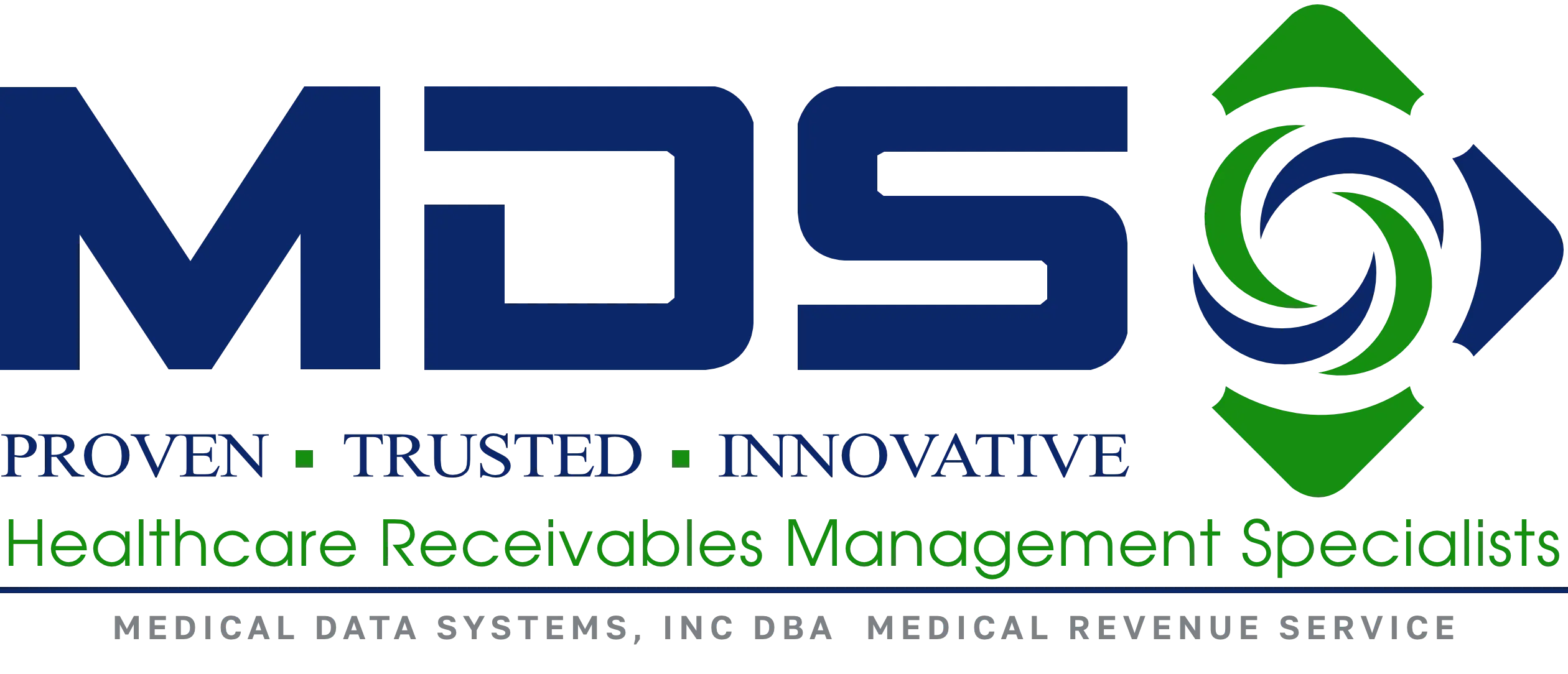Healthcare data analytics is revolutionizing how medical institutions operate. By turning raw data into actionable insights, it enables better patient care, smarter resource management, and more efficient decision-making.
Imagine being able to predict disease outbreaks, streamline hospital workflows, and personalize patient treatments—all in real time. However, implementing analytics systems comes with its challenges. Let’s explore these hurdles and how to overcome them to harness the full potential of healthcare data analytics.
Significant Challenges in Healthcare Data Analytics
1. Data Integration Issues
- Fragmented Systems: Many healthcare providers rely on legacy systems that don’t communicate effectively, leading to siloed and inconsistent data.
- Incompatible Formats: Patient records, lab results, and billing data often exist in varying formats, complicating integration efforts.
- Lack of Unified Architecture: Without a centralized framework, creating actionable insights becomes time-intensive.Discover SWIFT services to streamline data integration and build seamless workflows.
2. Privacy and Security Concerns
- Data Breaches: With sensitive patient data at stake, cyberattacks pose a significant risk.
- Regulatory Compliance: Adhering to frameworks like HIPAA demands continuous effort and resources.
- Trust Erosion: A breach can harm the organization’s reputation and lead to penalties. Learn more about privacy and security in healthcare analytics to protect your data and maintain compliance.
3. High Implementation Costs
- Upfront Investments: Procuring analytics tools and upgrading infrastructure can strain budgets.
- Operational Expenses: Ongoing costs, including maintenance and updates, add to financial pressures.
- Staff Training: Equipping teams with the necessary skills requires both time and funding.
4. Talent Shortages
- Limited Expertise: A gap exists between the demand for healthcare data analysts and the available talent pool.
- Retention Challenges: Skilled professionals often leave for better opportunities in other industries.
- Upskilling Needs: Organizations need to provide training to existing staff to fill critical skill gaps. Address workforce challenges with system conversion assistance.
Overcoming These Challenges
Breaking Down Data Integration Barriers
- Invest in interoperable platforms like FHIR and HL7 to connect disparate systems.
- Centralize data with a unified architecture for consistency and ease of access.
- Automate processes to minimize human errors and improve data flow.
Strengthening Data Privacy
- Implement robust encryption and limit access to sensitive data.
- Conduct regular compliance audits to stay aligned with regulations like HIPAA.
- Train employees on best practices for data security and privacy.
Managing Costs Effectively
- Choose scalable tools that allow gradual implementation based on your budget.
- Outsource analytics functions to reduce financial strain while accessing expert resources.
- Focus on ROI-driven solutions like extended business services.
Closing the Talent Gap
- Upskill existing staff through tailored training programs.
- Collaborate with experts or consultancies specializing in healthcare analytics.
- Explore automated tools that reduce the dependency on manual efforts.
Benefits of Overcoming Analytics Challenges
Improved Patient Outcomes
By integrating data across healthcare systems, organizations can make more accurate diagnoses and develop tailored treatments that significantly improve patient recovery rates. With comprehensive patient insights, healthcare providers are able to create personalized care plans, leading to higher satisfaction and better long-term health outcomes.
Operational Efficiency
Addressing analytics challenges helps streamline workflows, reducing administrative burdens and allowing healthcare professionals to focus on patient care. Automation improves efficiency, while better resource utilization translates into significant cost savings, ensuring that healthcare operations are both effective and financially sustainable.
Predictive Decision-Making
Leveraging data analytics enables healthcare organizations to forecast patient needs, including predicting resource demand during peak times and emergencies. This proactive approach helps healthcare providers to stay prepared and make informed, data-driven decisions that improve overall patient care and operational readiness.
Best Practices for Success
- Audit Existing Systems- Start by evaluating your current systems to spot any integration gaps. This will guide you in selecting the right tools and strategies that enhance data flow across your organization.
- Focus on Scalable Solutions- Opt for tools like FHIR (Fast Healthcare Interoperability Resources) and HL7 (Health Level Seven) that can adapt as your organization grows. Scalable solutions ensure that your data integration systems continue to meet your needs over time, especially as healthcare demands. Read more about the role of technology in healthcare analytics to understand how advanced tools are shaping data-driven healthcare.
- Prioritize Data Security- Regularly update security protocols to protect sensitive information and prevent breaches. Keeping patient and organizational data secure is vital for compliance and trust.
- Invest in Training- Build a skilled team capable of driving analytics initiatives. Investing in training ensures your workforce can effectively manage and execute analytics strategies for long-term success.
Healthcare data analytics has the potential to transform patient care and operations. By addressing challenges like integration, privacy, and costs, healthcare providers can unlock actionable insights and improve outcomes.
Take the first step toward better analytics by consulting Medical Data System Experts to create a tailored solution.
